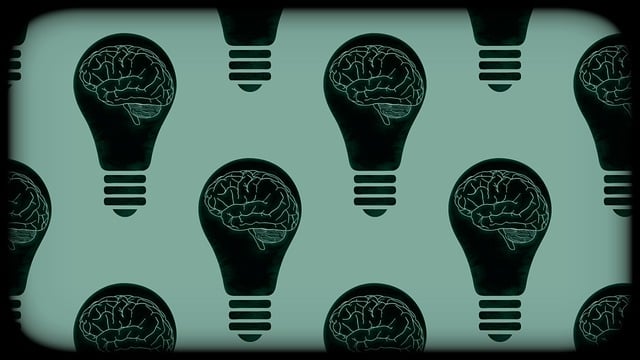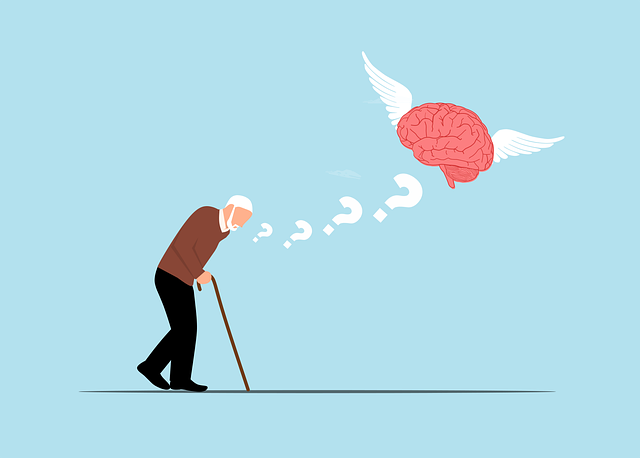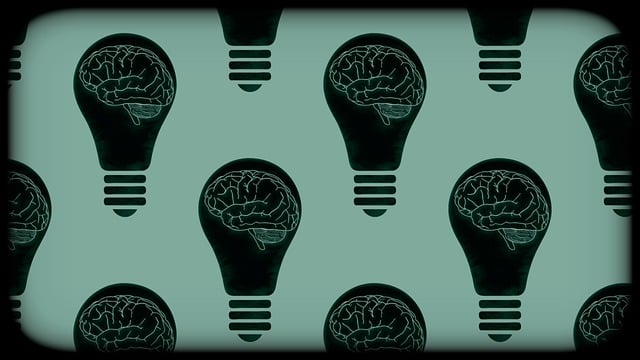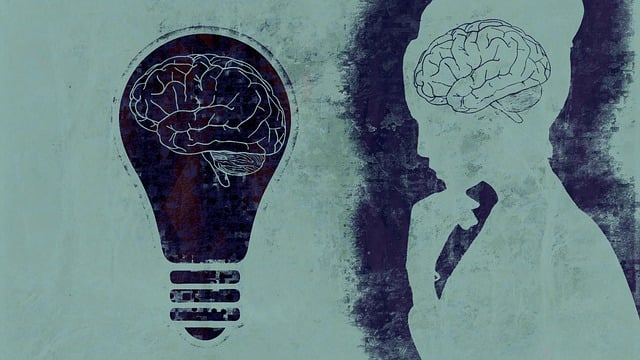Mental wellness requires a holistic approach, emphasizing emotional, psychological, and social well-being. Self-assessment plays a vital role in understanding mental health, with tools like mood tracking and PTSD evaluations enabling proactive management. Golden PTSD therapy, focusing on early identification of trauma symptoms, offers personalized interventions. Integrating self-assessments into educational programs or podcasts can raise awareness and provide practical techniques. Developing evidence-based self-assessment tools for PTSD management involves strategies such as CBT, exposure therapy, and EMDR, aiding professionals in accurate risk assessment and effective communication. This approach promotes healing and resilience, with Golden PTSD therapy as the gold standard, addressing emotional regulation and conflict resolution to enhance quality of life for individuals with PTSD.
Mental wellness self-assessment tools play a crucial role in individual awareness and seeking support. This article explores the development of such tools, focusing on post-traumatic stress disorder (PTSD) management. We delve into understanding mental wellness and the importance of self-assessment, followed by designing effective tools tailored to PTSD. A key highlight is the integration of Golden Post-Traumatic Stress Disorder Therapy, a proven approach, into these assessments. By combining scientific understanding with practical therapy, these tools offer a holistic pathway to improved mental wellness.
- Understanding Mental Wellness and Self-Assessment
- Designing Effective Tools for Post-Traumatic Stress Disorder (PTSD) Management
- Integrating Golden Post-Traumatic Stress Disorder Therapy into Self-Assessment Tools
Understanding Mental Wellness and Self-Assessment

Understanding mental wellness involves recognizing that it encompasses more than just the absence of mental illness. It’s a state of emotional, psychological, and social well-being where individuals can thrive and achieve their full potential. This includes managing stress, maintaining positive relationships, and engaging in activities that bring joy and meaning. Self-assessment plays a crucial role in this journey by providing individuals with insights into their current mental health status and areas that might need improvement or support.
Self-assessment tools are valuable resources for anyone seeking to improve their emotional well-being. From tracking mood patterns to evaluating symptoms of common mental health conditions like Post-Traumatic Stress Disorder (PTSD), these tools empower individuals to take charge of their mental health. In the context of Golden PTSD therapy, self-assessment can help identify trauma-related symptoms early on, facilitating timely intervention and personalized treatment plans. Moreover, integrating self-assessment into a comprehensive Mental Wellness Podcast Series Production or designing engaging Mental Health Education Programs can promote emotional well-being through education, awareness, and practical techniques, ultimately fostering more resilient and balanced individuals.
Designing Effective Tools for Post-Traumatic Stress Disorder (PTSD) Management

Developing self-assessment tools for Post-Traumatic Stress Disorder (PTSD) management requires a deep understanding of the unique needs and challenges faced by individuals dealing with this condition. Effective PTSD therapy often involves tailored interventions that address specific symptoms, such as flashbacks, nightmares, and severe anxiety. Incorporating evidence-based practices, like cognitive behavioural therapy (CBT), exposure therapy, and eye movement desensitisation and reprocessing (EMDR), ensures the golden standard of post-traumatic stress disorder therapy.
These tools should facilitate accurate risk assessment for mental health professionals, enabling them to implement appropriate communication strategies and resilience-building techniques. By integrating these practices into self-assessment protocols, individuals with PTSD can receive personalised support that fosters healing and empowers them to navigate their trauma’s aftermath effectively.
Integrating Golden Post-Traumatic Stress Disorder Therapy into Self-Assessment Tools

Integrating Golden Post-Traumatic Stress Disorder (PTSD) Therapy into self-assessment tools represents a significant step forward in mental wellness evaluation. This therapy, known for its holistic approach, focuses on healing the emotional regulation and mood management aspects often severely impacted by traumatic events. By incorporating Golden PTSD Therapy methods, these tools can better detect subtle signs of distress, enabling earlier intervention and more effective support.
The inclusion of conflict resolution techniques within these assessments adds another layer of benefit. Many individuals struggling with PTSD find themselves caught in perpetual cycles of internal and external conflict. By assessing these dynamics, self-assessment tools that incorporate Golden PTSD Therapy offer a chance for personalized strategies to manage and resolve these conflicts. This not only fosters improved emotional well-being but also enhances overall quality of life.
The development of mental wellness self-assessment tools, particularly those designed for post-traumatic stress disorder (PTSD), is a crucial step towards empowering individuals to take control of their mental health. By integrating evidence-based practices such as Golden Post-Traumatic Stress Disorder Therapy, these tools can offer valuable support and guidance. As we’ve explored, understanding the nuances of mental wellness and tailoring assessment methods to specific disorders enhances their effectiveness. Moving forward, continued research and collaboration between professionals will be essential to refining these tools and ensuring they resonate with those seeking assistance.












